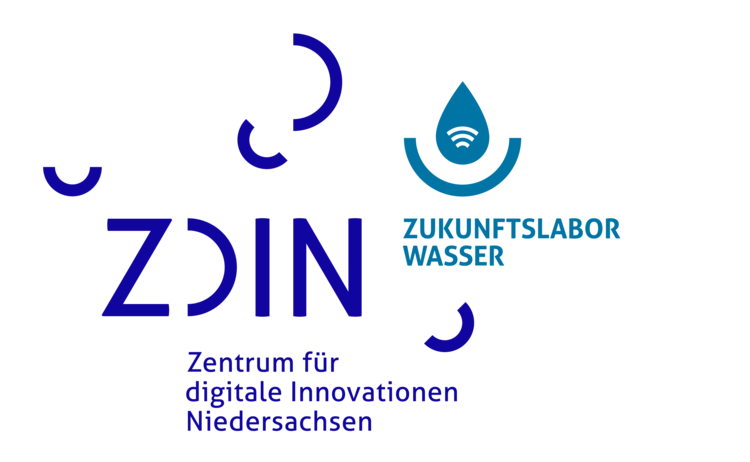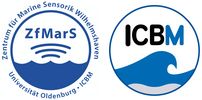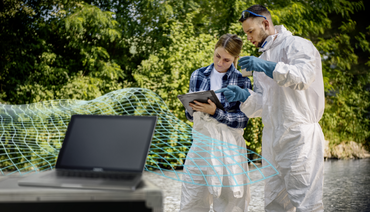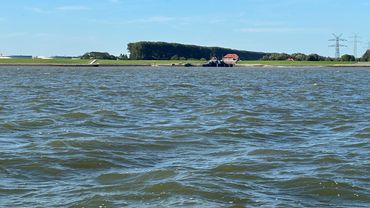
| Period | 10.2022 – 09. 2027 |
| Contact Person | |
| MSYS Team | Dr. Thomas Badewien Neeske Lübben |
| Funding Agency | Lower Saxony Ministry of Science and Culture within the Lower Saxony “Vorab“ of the Volkswagen Foundation |
| Website | https://www.zdin.de/zukunftslabore/wasser (only available in german) |
Project partner
- Braunschweig University of Technology
- Carl von Ossietzky University of Oldenburg
- Clausthal University of Technology
- German Research Center for Artificial Intelligence (DFKI)
- Jade University of Applied Sciences
- Leibniz University of Hannover
- Leuphana University of Lüneburg
- Ostfalia University of Applied Sciences
- University of Osnabrück
Future Lab Water
MANAGING PRECIOUS RESOURCES
Water is the basis of life and must therefore be protected as a valuable resource. Innovative and sustainable solutions are required to guarantee the distribution of water in increasingly severe droughts and to efficiently counter extreme situations such as flooding - digitalization is essential for this. It enables a consistent digital data flow of all necessary data. Modern methods of artificial intelligence and data science offer the possibility of automatically evaluating and linking data. This allows unknown correlations and potential correlations to be identified at an early stage. Furthermore, a digital image of reality makes it possible to simulate processes in order to quantify the impact of potential risks and thus initiate possible countermeasures in good time. Intelligent visualizations can be used to prepare relevant data and information for decision-makers and citizens, thus achieving greater acceptance and interaction.
Central aspects of the Water Laboratory of the Future are the use of intelligent systems and new digital methods in water management with regard to the security of supply and quality of water as a resource. This includes the application of machine learning and big data analytics in the field of water management, the expansion of integrated sensor technology and digitally networked systems for secure, effective data collection and the possibility of improving interoperability and standardization as well as optimisation approaches from model-based analyses.



